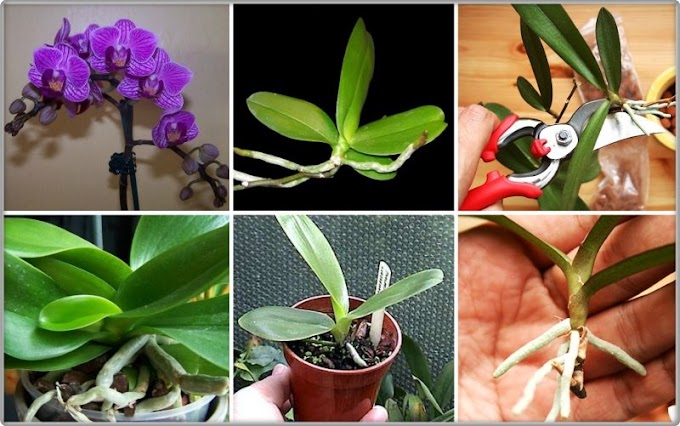Huernia schneideriana is a succulent perennial up to 8 inches tall, small-sized species common in collections worldwide; Sometimes it is called as a dragon's eye because of the typical color of its flowers. This species belongs to the Apocynaceae family and within the genus Huernia, it is one of the most common found in gardens.
This species is characterized by forming succulent stems of light green or grayish green 6 to 7 angled and strongly toothed, more than 30 cm long; Sometimes they grow so much that they tend to be deciduous. Each stem has 4-6 conspicuous ribs with numerous fleshy conical teeth that have dark green ends.The flowers are up to 1.2 inch in diameter, burgundy, but almost black inside the tube, about 3 cm and velvety.
Hardiness:
Hardiness zone USDA 10b to 11b: from 35 °F (+1.7 °C) to 50 °F (+10 °C).
How to Grow and Care
Huernia succulents are low growing succulents native to the deserts of Southern and East Africa, all the way to Arabia, and are thus found growing mostly at the base of other plants in partial sun to bright light/shade.
Therefore, in order to maintain their healthy succulent sage green color, these beauties prefer bright light to partial shade, whereas in harsh full sun they can slightly shrivel and turn colors ranging from grey to red to bright purple - as a means of protection. Extended periods of exposure to full sun can be harmful, causing parts of the plant to dry up completely and die.
On the other hand, too little light and Huernias grow weak and thin, leading to decreased flower production in the blooming periods of late Spring to late Fall. As far as ideal growing temperatures go, 50-80 degrees Fahrenheit is best, however here in Miami we get temperatures well above 80 degrees for most of the year, which is why finding a spot with bright light or partial sun is so important.
– Learn more at: HOW TO GROW AND CARE HUERNIA
Links
Back to genus: HUERNIA
SUCCULENT PLANTS: Browse succulents by Scientific Name, Common Name, Genus, Family, USDA Hardiness Zone, Origin, or cacti by Genus
This species is characterized by forming succulent stems of light green or grayish green 6 to 7 angled and strongly toothed, more than 30 cm long; Sometimes they grow so much that they tend to be deciduous. Each stem has 4-6 conspicuous ribs with numerous fleshy conical teeth that have dark green ends.The flowers are up to 1.2 inch in diameter, burgundy, but almost black inside the tube, about 3 cm and velvety.
- Scientific Name: Huernia schneideriana A.Berger
- Common Names: Red Dragon Flower, Red Dragon
- Synonyms: Ceropegia 'Red Dragon Flower'
- Family: Apocynaceae
- Subfamily: Asclepiadoideae
- Tribe: Stapeliae
- Genus: HUERNIA
Hardiness:
Hardiness zone USDA 10b to 11b: from 35 °F (+1.7 °C) to 50 °F (+10 °C).
 |
| source pic:pinterest.com |
How to Grow and Care
Huernia succulents are low growing succulents native to the deserts of Southern and East Africa, all the way to Arabia, and are thus found growing mostly at the base of other plants in partial sun to bright light/shade.
Therefore, in order to maintain their healthy succulent sage green color, these beauties prefer bright light to partial shade, whereas in harsh full sun they can slightly shrivel and turn colors ranging from grey to red to bright purple - as a means of protection. Extended periods of exposure to full sun can be harmful, causing parts of the plant to dry up completely and die.
On the other hand, too little light and Huernias grow weak and thin, leading to decreased flower production in the blooming periods of late Spring to late Fall. As far as ideal growing temperatures go, 50-80 degrees Fahrenheit is best, however here in Miami we get temperatures well above 80 degrees for most of the year, which is why finding a spot with bright light or partial sun is so important.
– Learn more at: HOW TO GROW AND CARE HUERNIA
 |
| source pic:pinterest.com |
 |
| source pic:pinterest.com |
 |
| source pic:pinterest.com |
Links
Back to genus: HUERNIA
SUCCULENT PLANTS: Browse succulents by Scientific Name, Common Name, Genus, Family, USDA Hardiness Zone, Origin, or cacti by Genus



